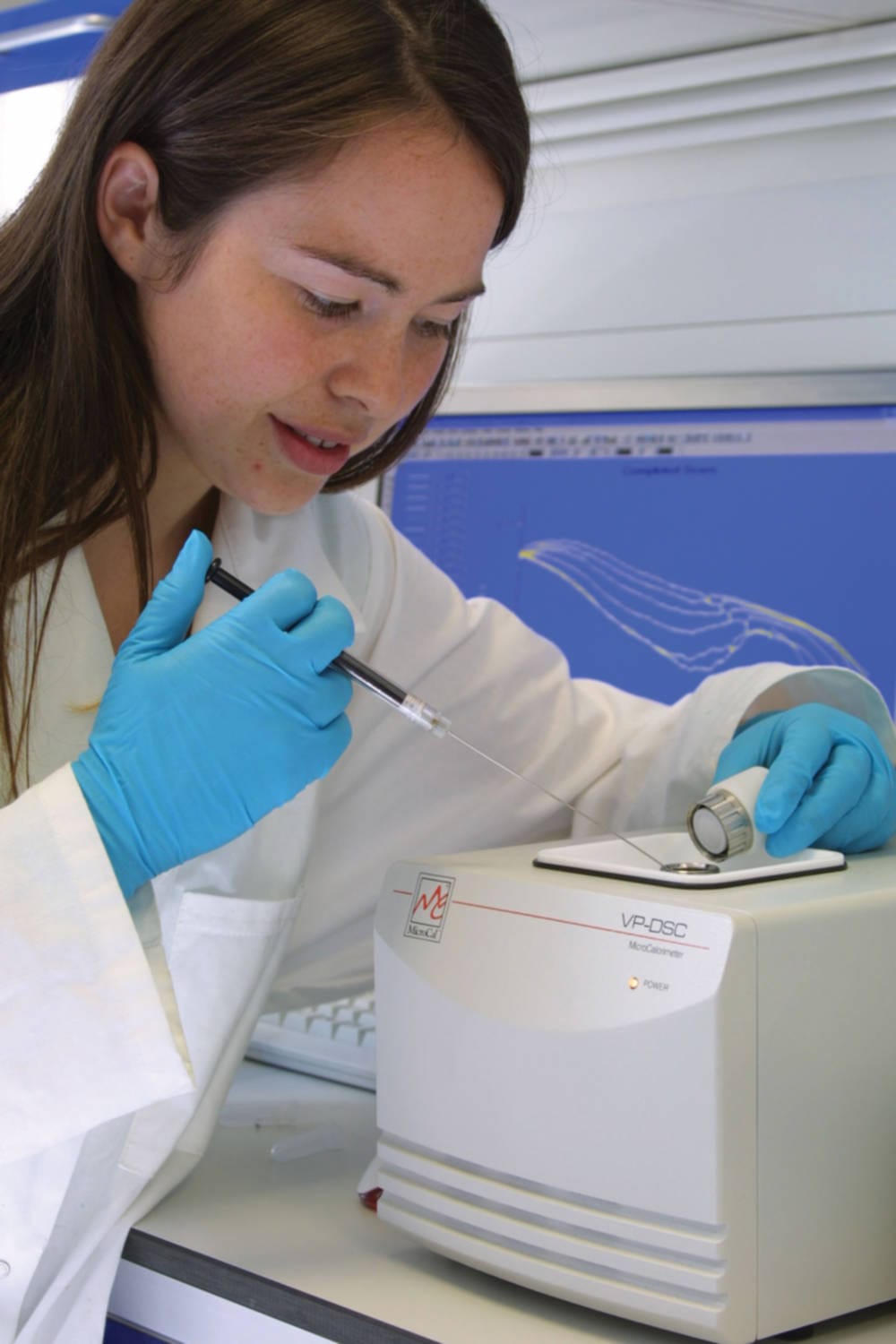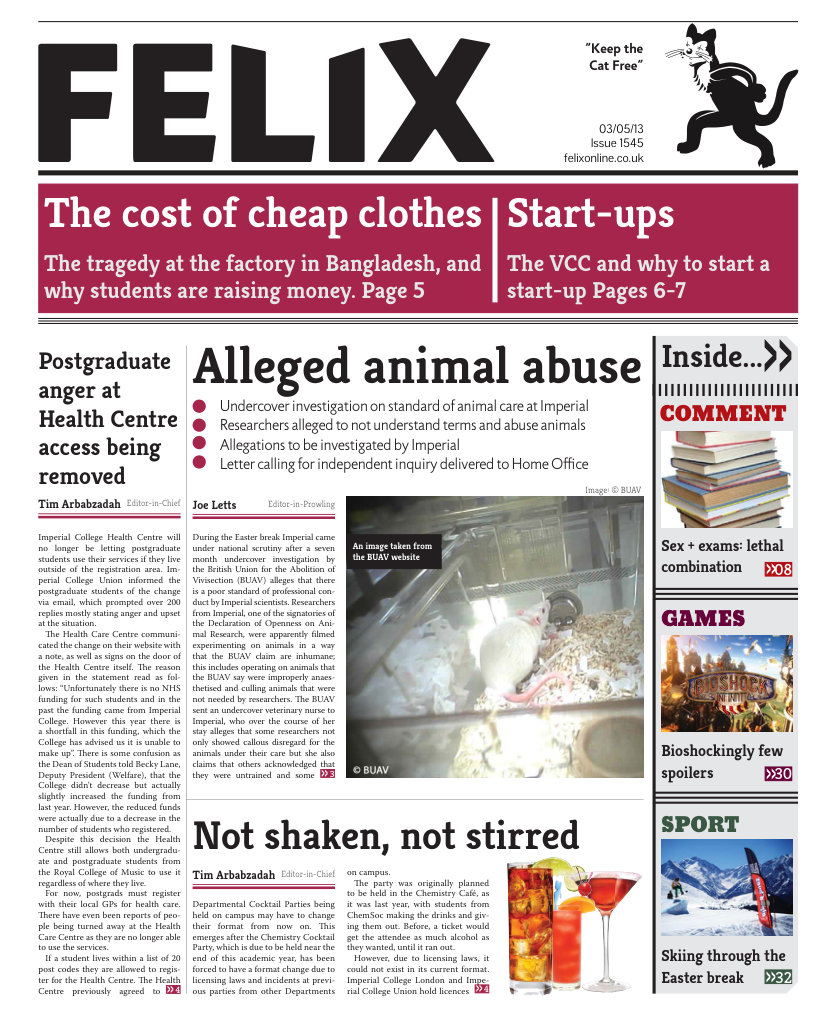Imperial given women in science award
Athena Swan Silver Award for Imperial

Imperial College London has won an award recognising support for the careers of women in science, technology, engineering, maths and medicine. The Athena Swan silver status has only been granted to three universities, with Queen’s University Belfast and University of Nottingham being the other two. It is a university wide recognition. Athena Swan say that it “recognises a significant record of activity and achievement by the university in promoting gender equality and in addressing challenges across their STEMM departments”. Multiple Departments at Imperial also currently hold Silver status.
When the award was conferred the panel noted various initiatives in Departments and College wide. These included dinners, lectures, networking events, and the Imperial women’s portrait series.
Sir Keith O’Nions, President & Rector, released a statement saying: “Imperial is proud to be recognised with institution-wide silver status. This is the result of a serious long-term commitment to gender equality at every level in the College.” O’Nions said that for Imperial to remain a world class institution they must “continue to eliminate obstacles to career progression and create new opportunities for women.” He went on to stress the point about remaining a world leader, saying: “First and foremost, gender equality matters because it is the right thing to do. But we also need to attract, promote and develop outstanding female scientists if we are to maintain our place as one of the world’s great universities.” Professor Dorothy Griffiths, Chair of Imperial College London’s Academic Opportunities Committee, said: ““Gender equality requires hard work on a day-to-day basis. We intend to keep this up and build on Imperial’s significant progress.”
The Athena Swan awards were created in 2005 with Imperial a founding member. Their Charter was launched in June 2005 with three beliefs underpinning it. The beliefs include the importance of women being represented in a traditionally maile-dominated area, and that “science cannot reach its full potential unless it can benefit from the talents of the whole population”. Any higher education instiution is able to apply for membership.








